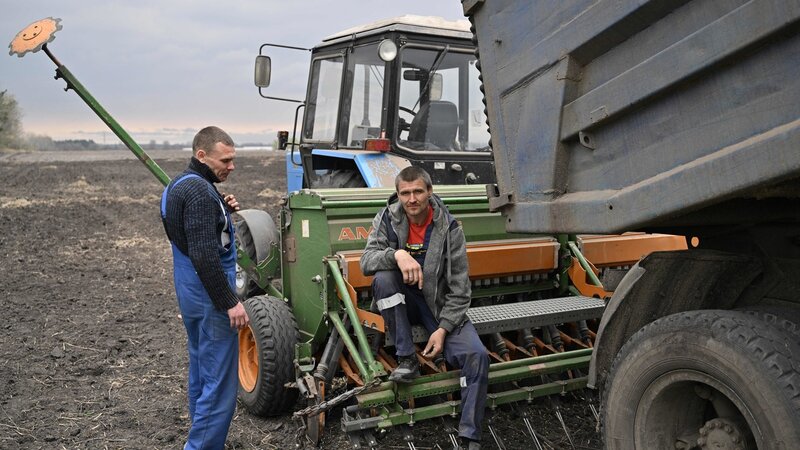https://www.npr.org/2022/04/20/ [login to see] /russia-ukraine-war-food-security-united-nations
The day after Russia invaded Ukraine, Lebanon's economy minister announced the country of 6.8 million people had enough wheat reserves to last just one month.
Russia and Ukraine are major exporters of agriculture, which Lebanon depends on. Ukraine alone exported more than $27 billion in agricultural products to the world last year. About 80% of Lebanon's wheat comes from Ukraine.
So when the war started, so did worries of food shortages and price hikes.
"You could say the majority of the Lebanese population is living in survival mode," said Maya Terro, founder of the non-profit organization FoodBlessed Lebanon, which feeds vulnerable people in Beirut.
Weeks after Russia invaded Ukraine, food prices soared. The invasion sent ripples beyond the immediate conflict zone, breaking supply chains and creating food shortages as two of the world's biggest food exporters went to war.
In response, Egypt's prime minister fixed bread prices, Bangladesh launched a nationwide food subsidy program, and consumers in Indonesia noticed a favorite instant noodle dish went out of stock.
In Lebanon, people turned to desperate measures.



 Food/Chow
Food/Chow Farming
Farming Agriculture
Agriculture Ukraine
Ukraine Russia
Russia


